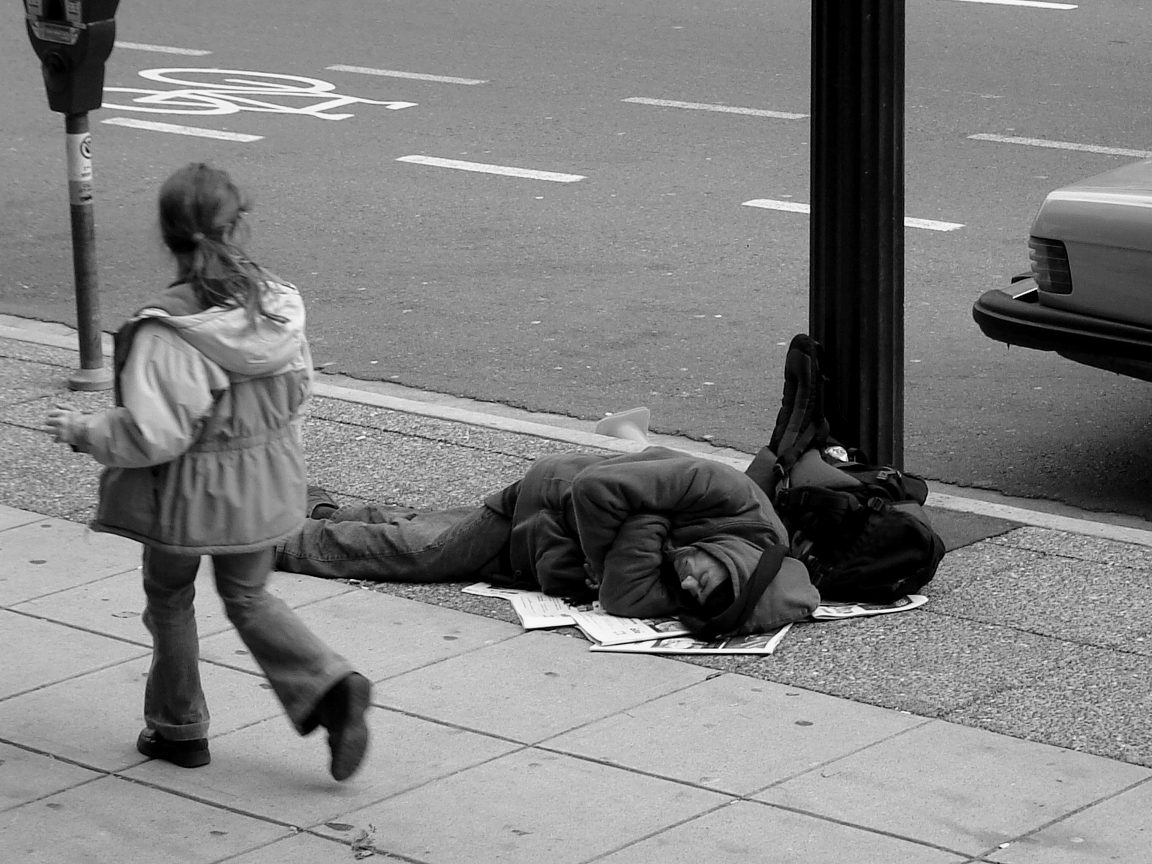Coercive interventions have been the preferred response to substance use in many countries. When evaluated, these programs are documented to have success rates lower than four percent. Beyond their marginal benefits, forced treatment programs come with their own downsides, including heightened risk of fatal drug poisonings.
In Massachusetts, where involuntary treatment has been the law of the land since 2018, the state public health department found that the risk of fatal overdose was twice as likely compared to post-voluntary treatment.
Last year the Red Deer Recovery Community opened its doors. The provincially funded 75-bed treatment centre is managed by Edgewood Health Network, a for-profit health care company which operates 11 similar sites across Canada. For Edgewood’s services in Red Deer, the province has found itself dishing out $13 million a year.
With so much profit to be made, Bay Street has rushed to insert itself into the equation. Expecting huge returns, Peloton Capital Management (PCM), a billion-dollar Toronto-based private equity firm, began financing Edgewood Health Network’s expansion 2021.
Yeah, shocking… People will use substances until they want to quit. Unless and until the addict makes that choice for themselves, nothing is going to change. The best you can do is change their circumstances so that they want to change their lives.
Honestly, these policies are 100% successful, if you consider their goal.
Forced treatment isn’t intended to help people get clean. Nor is it intended to even keep them off the street.
The goal of forced treatment is to PUNISH people for using drugs. It is intended to hurt them, and drive them farther from a support network.
And at this, it is incredibly good.
The goal of forced treatment is to PUNISH people for using drugs.
Only the lesser people. Never forget!
All across the country our political leaders are getting behind coercive intervention
Has Singh called for this? Trudeau? Nah, this is a right-wing “blame, project, dehumanize, and profiteer off of victims” initiative.
Involuntary treatment (of already marginalized people) in for-profit ‘health care centres,’ backed by venture capitalists. This is some dystopian AF shit
Has Singh called for this? Trudeau?
Eby did it, though. And maybe that’s what saved their majority in this very tight election. He surely knows it’s not the effective way to spend, but he also knows that it’s an easy hill to not die on because so few really care about this.
If all we cared about was saving the lives of the already-addicted, all we’d have to do is prescribe medical-grade opioids of known dosage to anyone who says they’re an addict, and the death rate would instantly plummet—not to zero, but to something around the much lower status quo from before the “epidemic” began, when prescription opioids were more easily available. Most of these people die because they’re taking adulterated drugs, or drugs of unknown concentration that they can’t dose properly. With a cheap, secure supply, they’d have more leeway to sort out other aspects of their lives, and some of them would eventually quit the drugs voluntarily.
Problem is, we’re more worried about people not becoming addicted in the first place, and everyone seems to think that the best way to do that is to restrict the legal supply. The two pull in opposite directions.
If we can find a better way of fixing the second problem, maybe we can fix the first one too, but I’m not holding my breath. In the meanwhile, governments will insist on grasping at straws in order to deal with the unintended consequences they themselves have created, and some of the straws they clutch at are going to be downright evil, like this one.
I had never looked at it like this before. Your proposal makes much more sense than any other I’ve seen. It really illuminates the fact that (most) politicians are far less interested in solving problems than they are in keeping their seats.
Welcome aboard!
That’s literally what almost every harm reduction activist has been saying for decades, but I’m not saying this to shame you. I barely did it sooner, I was beyond my 30’s when I finally got it. The fact that it takes so long for someone to encounter the rationale for all the effort going into decriminalization, destigmatization, safer-supply and supervised consumption sites… speaks volumes about who really is holding the megaphone of the media apparatus!
Orphan crushing machine seeking fresh orphans 🤡




